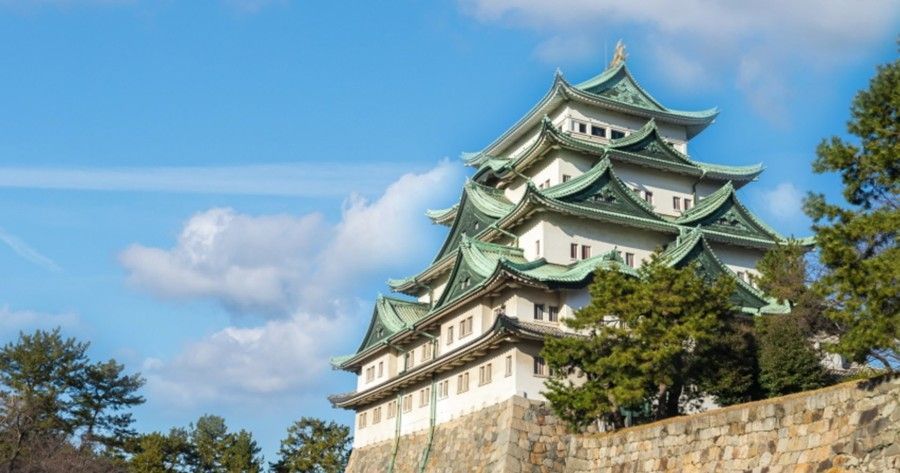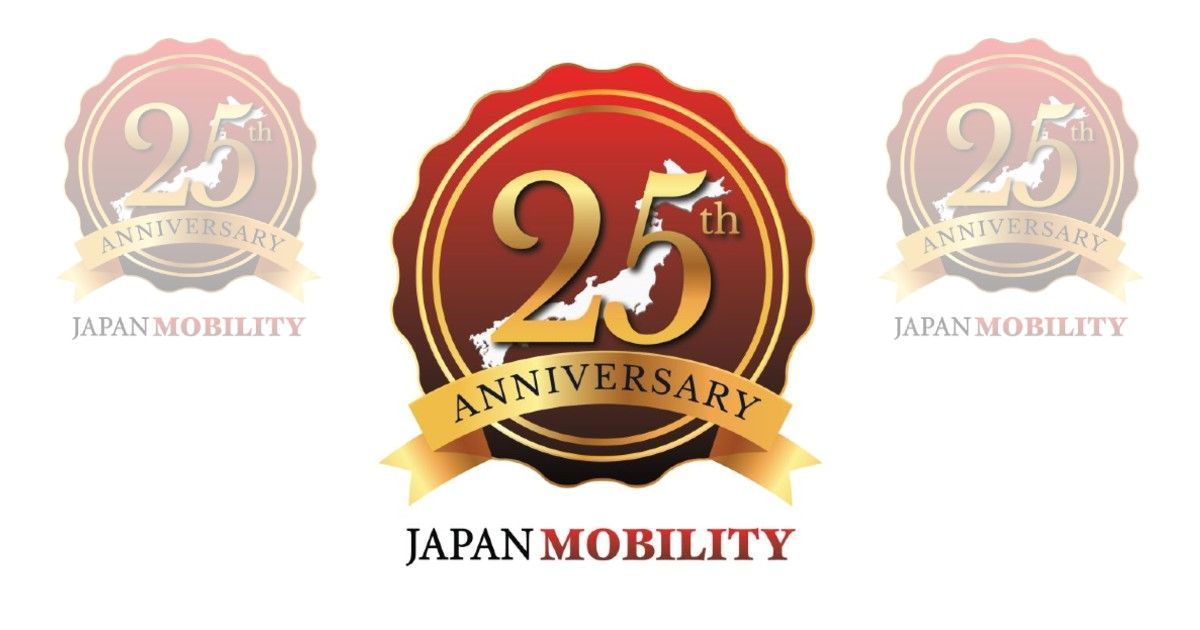Zanchibutsu: Leftover Items in Japanese Properties
When navigating the rental market in Japan, encountering the term Zanchibutsu (残置物) is not uncommon. Literally translating to "remaining placed items," Zanchibutsu refers to belongings left behind by previous occupants or owners. While stumbling upon these items might seem like a bonus, there are nuances to consider.
Let's have a look at what Zanchibutsu are and how it impacts both tenants and property owners.
Identifying Zanchibutsu
Zanchibutsu encompasses a variety of items, ranging from appliances to fixtures.
Common examples include:
- air conditioners
- ceiling lights
- washing machines
- refrigerators
- detached wardrobes/cabinets
While their presence might initially appear advantageous, understanding the implications is crucial.

Ownership and Responsibility
Unlike items typically included in a lease, Zanchibutsu come with zero responsibility attached. In the event of damage or malfunction, neither the owner nor the tenant bears the obligation for repair or replacement. Consequently, tenants must shoulder any associated costs if they opt for repairs or replacements. Although some owners may agree to cover removal expenses, such arrangements aren't guaranteed. However, it's important to note that tenants are under no obligation to cover these costs either.

Precautions and Negotiations
Prior to finalizing your property choice, it's imperative for tenants to thoroughly inspect the property and inquire about any Zanchibutsu. While real estate agents are expected to disclose such information, clarity might not always be immediate. Tenants should leverage this opportunity to negotiate the inclusion or removal of Zanchibutsu items based on their preferences and budget constraints.

Tenant Responsibilities
While Zanchibutsu may tempt tenants to leave behind their own belongings upon vacating the premises, this practice is not standard in Japan. Lease agreements typically mandate tenants to return the property in its original condition, void of any personal items.
Despite assumptions that leaving valuable items might benefit the owner, it's crucial to understand that most properties in Japan are unfurnished by default. Owners prefer to maintain this status quo to streamline the rental process for future tenants. Any items left behind by tenants are subject to disposal, with associated fees charged back to the tenant.
Seeking Clarity
In navigating the intricacies of Zanchibutsu and property obligations, communication with real estate agents or relocation consultants is paramount. Tenants should closely review their lease agreements, particularly clauses concerning property facilities, and seek clarification if any discrepancies arise.

Zanchibutsu adds a layer of complexity to the rental market in Japan, requiring tenants to navigate ownership and responsibility nuances diligently. By understanding the implications of Zanchibutsu and proactively seeking clarity, tenants can make informed decisions regarding their rental agreements, ensuring a smoother leasing experience for all parties involved.






















